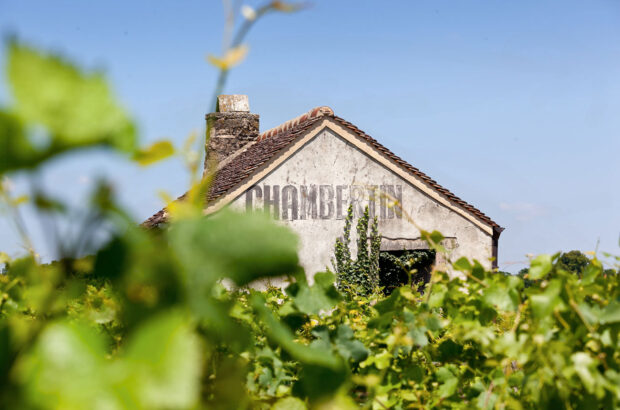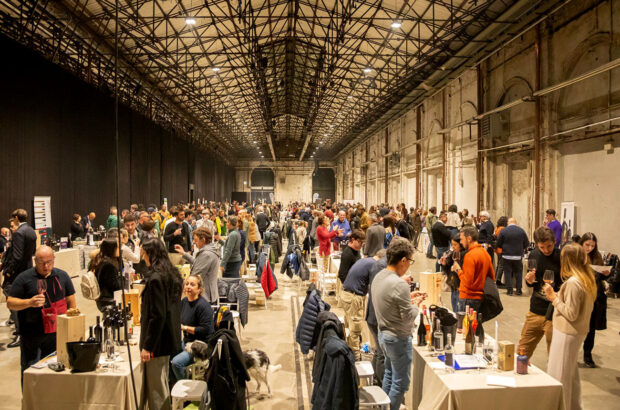drink now
A very good year with a number of full-bodied, well-structured wines
Weather Conditions
Another year with early budbreak, but it occurred after nasty winter floods in Napa and Sonoma. With a cool early season and few heat spikes, the growing season was long and seemed to resemble its predecessor up to and including a warm September. However, for whatever the reason, this vintage went its own way to reveal a sleek, polished fruit side and only moderate tannins. The successes were widespread and again shared by Napa and Sonoma. Inviting in their youth, the Cabernets promised a long and glorious future. But with rare expectations, most petered out within a decade. Those lasting longer lack the structure and pizzaz of 85 and the fatness of 84. For Merlot the vintage turned out to be almost as fine as 85. The mild summer weather enabled the fruit to reach a plump, ripe stage with forward flavors. When the Merlot from this vintage was offered, Merlot was increasing in popularity as a soft, drink-now red. However, the 86s were capable of moderate aging and a few held up well for close to a decade. Overall, the Merlot was slightly more impressive than 86 Cabernet.
Best Appellations
After 5-6 years of bottle aging, Sonoma County’s Alexander Valley, Sonoma Valley, and Dry Creek proved to have a slight edge over Napa in this vintage. Many Napa Valley Cabernets lacked the stuffing to age well and by their tenth birthday were beginning to fall apart. However, two of the finest Cabernets, the Far Niente and Mondavi Reserve, were both from Oakville. Dunn was the star of the vintage.
Best Producers
Among those with both depth and complexity are Dunn (Howell Mountain & Napa), Beringer Private Reserve, Diamond Creek (Red Rock Terrace), Arrowood, Mondavi Reserve, Far Niente, Caymus, Montelena, Buehler, Laurel Glen, Livingston, St. Clement, Silver Oak, Pahlmeyer, Carmenet, St. Francis, B. R. Cohn, and Clos du Val.







